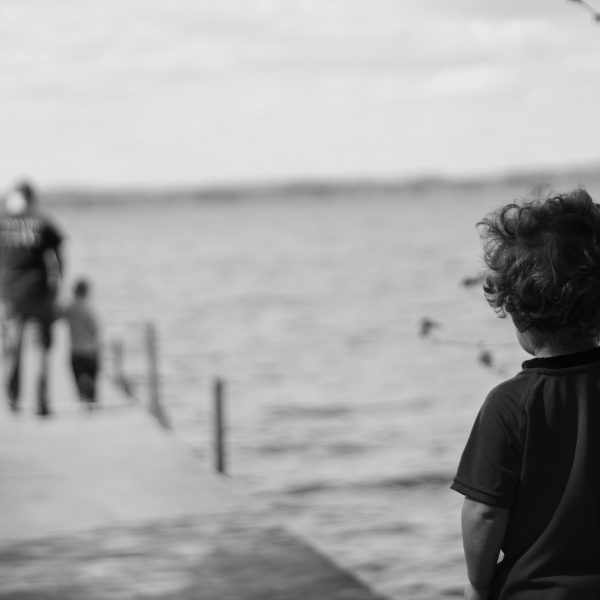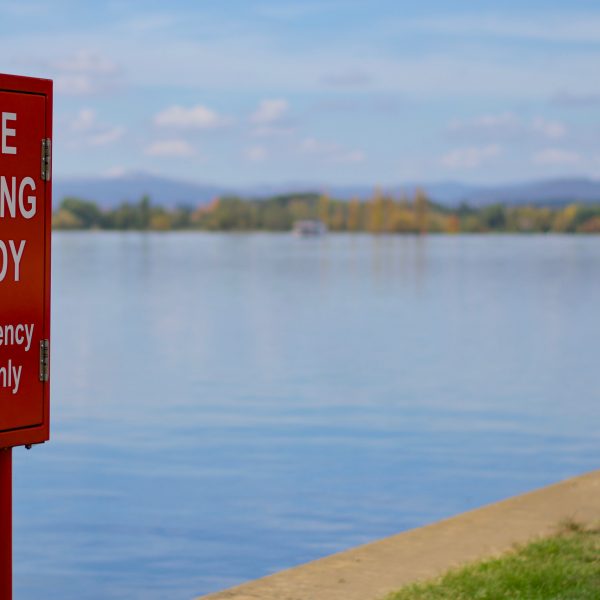Democracy in action with children’s council meeting at Guardian Blyth St
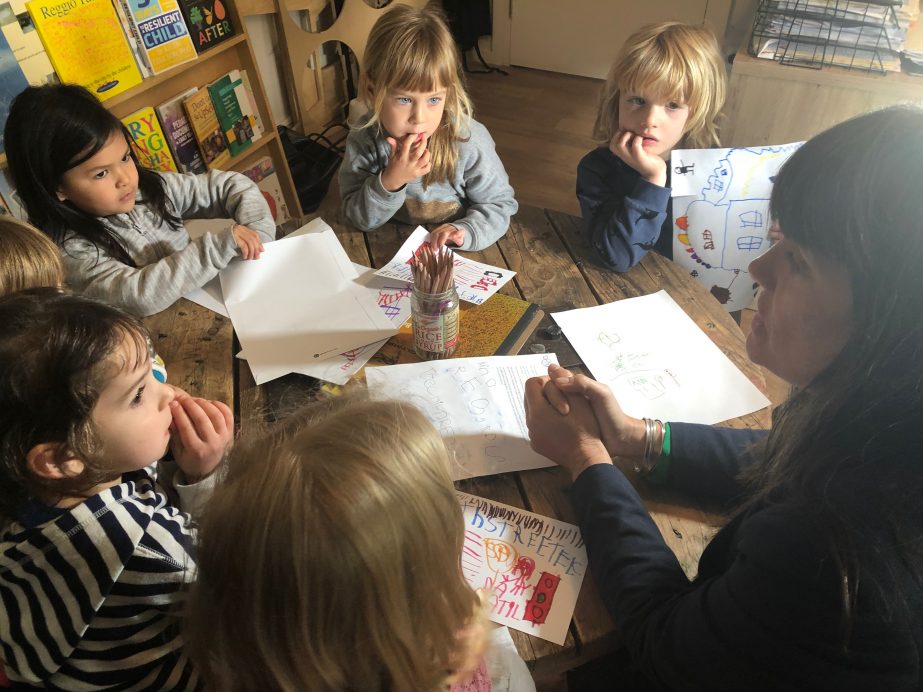
The children at Guardian Blyth Street had a visit from the local Mayor last week. Whilst councillors and other Government representatives will often visit children’s services, particularly around election time, this visit was different.
The mayor attended at the request of the children’s council, a group of children elected by their peers, to speak on behalf of all children at the centre. The children had written to the mayor, Counsellor Natalie Abboud, about their concerns about the heavy traffic outside the centre, which makes them feel unsafe when they have to cross the road.
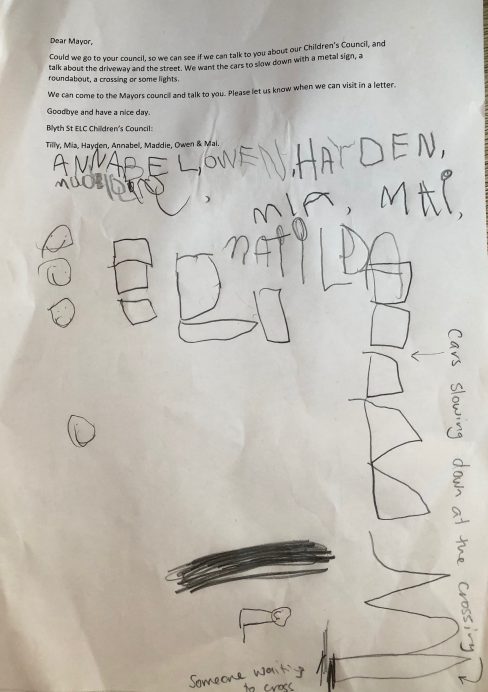
To prepare for the meeting, the educators and children’s council members dropped into their neighbours letter boxes drawings of traffic lights, cars and stop signs. They also prepared a list of questions to put to the mayor.
Centre manager, Simone Myskiw, also assisted the children by creating a survey which was sent to community facebook groups, and by writing a letter which accompanied the children’s drawings, explaining to residents of Blyth Street the campaign for safer traffic. The call out resulted in 100 signatures and 66 responses to the survey.
During the meeting, the children’s council put forward the case for a new roundabout, traffic light or a pedestrian crossing. As a result, the mayor has invited the children’s council and educators of Guardian Blyth Street Early Learning Centre along to the next council submission session, where they will reserve a table for the children to submit the proposal.
Ms Myskiw described the pride she felt in the children for undertaking such important work, noting how well they “defended their position and made sure the mayor knew what they were protesting about. I will admit, I shed a couple of tears seeing the children speaking so confidently to the mayor about their concerns and the concerns of our community. We feel like we have really made a difference to our community.”
The next step in the process will see the children’s council attend the next council submission session, sign in for the evening, take the proposal up to the mayor’s seat and hand her the petition and survey results, along with a statement of what they are hoping to achieve.
“I am currently working with the children and families on how we can arrange for all of the children to attend the session. It is so important that the children are a part of the complete process and that they didn’t just get handed a yes or no answer to their request for some road safety infrastructure,” explained Ms Myskiw.
The children’s council was formed two years ago, with the children meeting with Ms Myskiw once a week, so that children’s voices are represented in discussions with educators, and in the decision making about the happenings of the centre.
Members of the council self nominate, and are then elected by their peers. “At its heart, the children’s council is about respecting the way children think and the way children and adults can think together. It is about being rigorous, but also open to how children think and contribute to the construction of the world, themselves and society. In an adult mind, there are expectations, hypothesis and children do not always have this, especially in the forum of the children’s council as it is a new dialogue and a new way of expressing thinking and communicating. Communicating in the context of community is not ingrained in them,” Ms Myskiw explained.
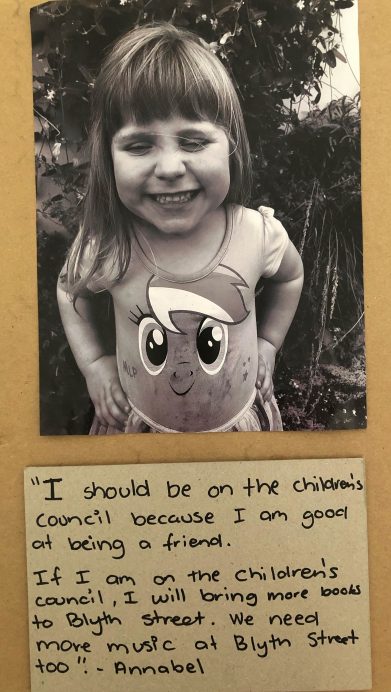
A range of issues have been explored by the council, from menu items to recruitment decisions, in an attempt to support them in enriching the contexts and realities in which they live. As Ms Myskiw noted “It is our role to create the variables, challenges, complexities and wonder and guide them through it while empowering them to do so with their own voice. Together, creating a new language, a new dialogue for the 21st Century child. We are constantly in a state of re-visiting and reviewing, asking challenging questions, and most importantly moving slowly and patiently through ideas, theories and even the meaning of words.”
“If children are to be taken seriously as active participants and decision makers, equal to those of adults, they need to have their voice heard in the context of community life. Not only should they have access to a forum for free speech (freedom of assembly, freedom of expression), but they also need opportunities for many mediums in which to explore, form and express their opinions,”
“Our role is to help articulate their views and provide them with a safe forum that protects a vulnerable voice from harm when they speak about something that is to be perceived as beyond their knowledge (consent) or that could disagree or conflict with other voices in the community (children in detention).”
To learn more about the work being undertaken by Guardian Blyth Street, please see here.
Popular

Practice
Provider
Quality
Research
Workforce
New activity booklet supports everyday conversations to keep children safe
2025-07-10 09:00:16
by Fiona Alston

Quality
Practice
Provider
Workforce
Reclaiming Joy: Why connection, curiosity and care still matter in early childhood education
2025-07-09 10:00:07
by Fiona Alston

Policy
Practice
Provider
Quality
Research
Workforce
Beyond the headlines: celebrating educators and the power of positive relationships in early learning
2025-07-07 10:00:24
by Fiona Alston












